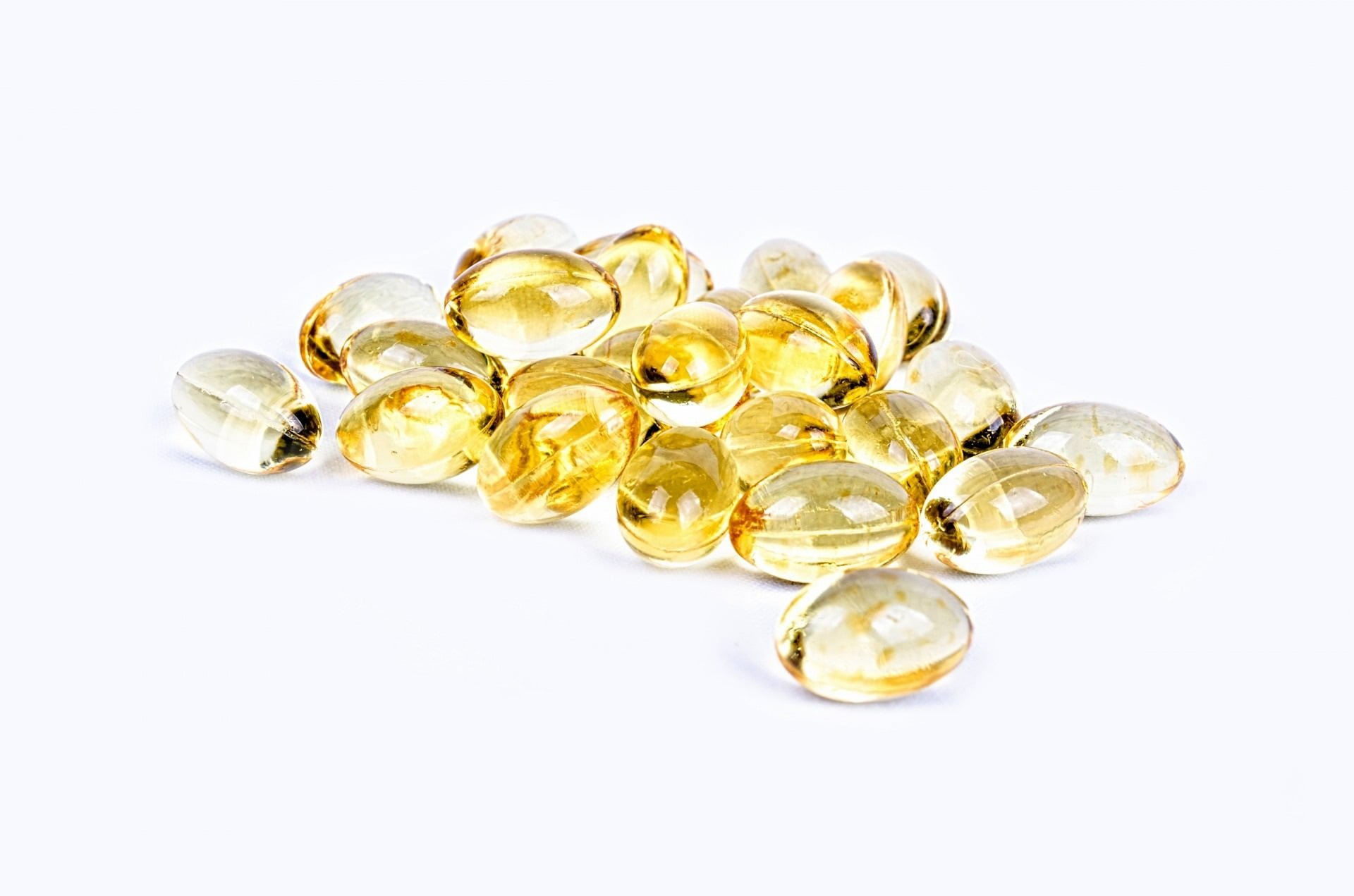Vitamin D is one of the only vitamins that our body can manufacture. While Vitamin D can be found in small amounts in our diet, sunshine is key for vitamin D production.
As the weather gets colder and the days shorter, you may be wondering if that lack of sunshine is impacting your health. Canada is north of the equator. This translates into fewer hours of daylight, colder temperatures, and therefore less sun exposure for our bodies to fuel vitamin D production.
Vitamin D’s main role is to help our bodies absorb calcium making it essential for healthy bone growth. It also plays a role in keeping your immune system healthy to fight off colds and flu. Studies have linked adequate vitamin D levels with a decrease in risk of heart disease, cancer, and Multiple Sclerosis. But what do “adequate levels” mean?

The amount of vitamin D we get naturally varies based on:
- Diet: Vitamin D is found in fatty fish (salmon, tuna), beef/pork liver, egg yolks, and fortified foods such as orange juice, margarine or plant milks
- Sun exposure: The season, time of day and time spent outside can all make a difference
- Sun Protection: Use of sunscreen and layers of clothing are recommended parts of sun safety, but block both the helpful and harmful rays
- Age: You make less vitamin D as you age
- Melanin: Those who have more melanin (darker skin complexion) take longer to make vitamin D
Luckily taking dietary supplements can make up for these variables. Health Canada Recommends that people ages 9-70 get at least 600 IU (International Units) and up to 4000 IU (you can read their full recommendations here). It should be noted that there can be too much of a good thing, and you should speak with your healthcare provider to ensure you are not getting too much Vitamin D.
At PACE Pharmacy we bring individualized care to our customers. Speak with one of our pharmacists to help determine what an appropriate Vitamin D supplement might be for you.

